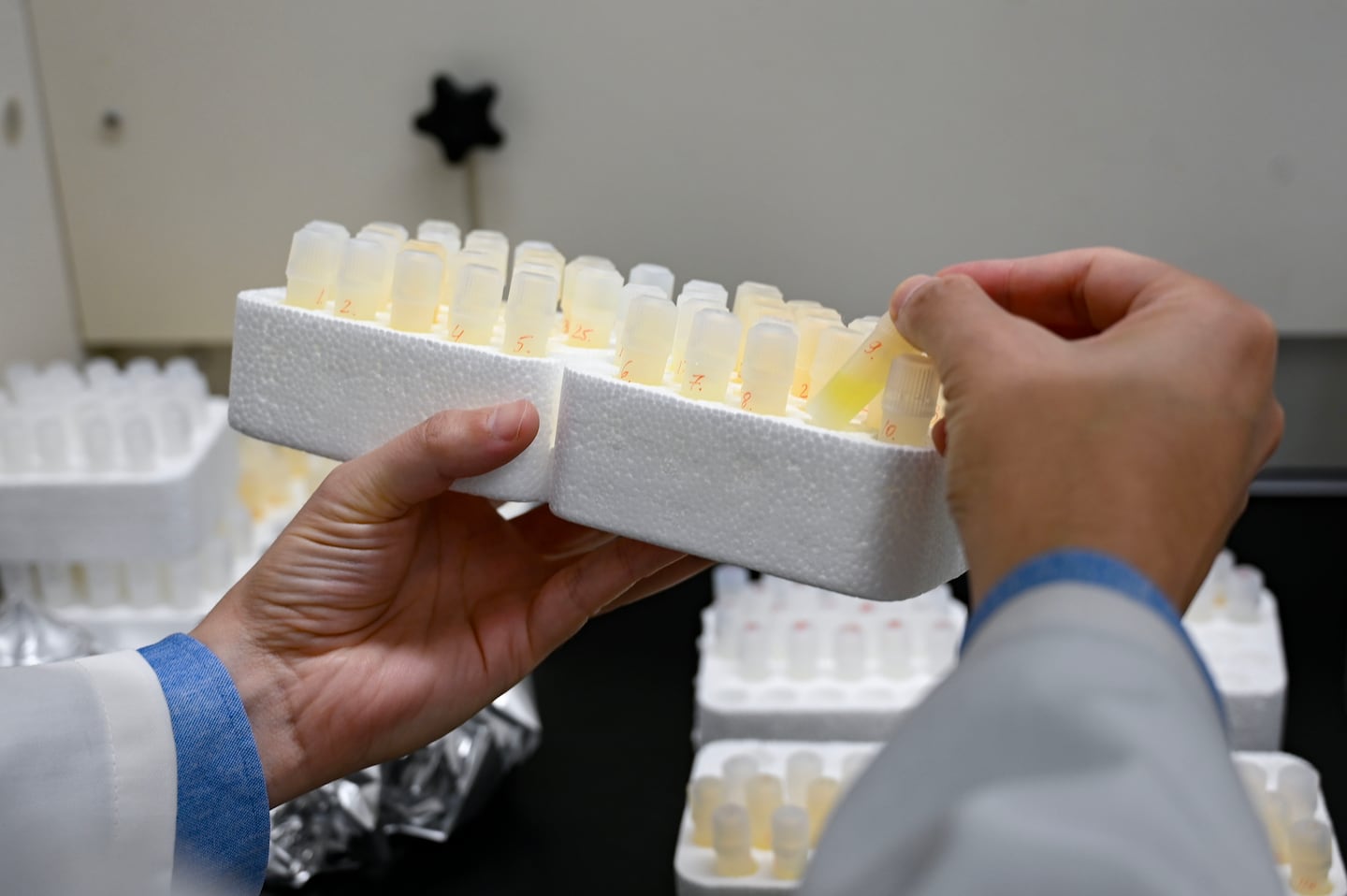The researchers studied brain tissue of about 400 people post mortem, as well as blood samples and a battery of memory tests performed yearly before their death. The scientists found higher levels of lithium in cognitively healthy people. But as sticky clumps of protein, known as amyloid plaques, began forming in their brains in the early stages of dementia, the amyloid trapped the lithium, restraining it and reducing its availability to surrounding brain cells. That depleted the lithium even in parts of the brain that were amyloid-free, essentially reducing lithium’s protective function.
The researchers also fed healthy mice a lithium-restricted diet, spurring memory problems: they had trouble performing several laboratory memory tests. And finally, the researchers were also able to reverse disease-related damage and restore memory function, even in older mice with advanced disease, by returning lithium to their diet.
What kind of lithium was used in the study?
The researchers used a different form of lithium than is typically used to treat psychiatric disorders, such as bipolar disorder. They used lithium orotate, which is a compound that is able to evade the sticky amyloid plaques in our brains. The type of lithium used to treat psychiatric disorders is lithium carbonate, but it can be hard on people’s kidneys and toxic to elderly patients. The amount of lithium orotate used by the Harvard team was one-thousandth the level, essentially mimicking the amount naturally found in the brain.
Should you buy lithium online or in stores and start taking it?
Lithium, like other supplements or vitamins sold online or in stores, is not subject to review or testing by federal regulators the way prescription medicines are. So there’s no way to tell whether the substance actually contains lithium and, if so, in what amounts, or whether it contains contaminants. Generally, a firm does not have to provide the FDA with the evidence it relies on to substantiate safety before or after it markets its products.
How else should I get lithium in my diet?
Many foods already touted for their health benefits naturally contain higher amounts of lithium —seafood, grains, nuts, some vegetables, and mineral water.
What else can I do to lower my risk of Alzheimer’s disease?
Another new study released late last month, called US POINTER, found that simple lifestyle changes, including improved nutrition, increased physical activity, and more time with friends, led to improved cognition. It studied more than 2,000 adults between the ages of 60 and 79 who were at risk for cognitive decline and dementia.
Scientists say the new lithium findings are exciting, but urge people not to rush out and buy supplements before researchers can test lithium orotate in a large clinical trial with one group of participants receiving small doses of lithium orotate and the others a sham substance, to compare the findings. The trials would need to identify the dosage and duration of time for taking the substance.
Kay Lazar can be reached at kay.lazar@globe.com Follow her @GlobeKayLazar.
